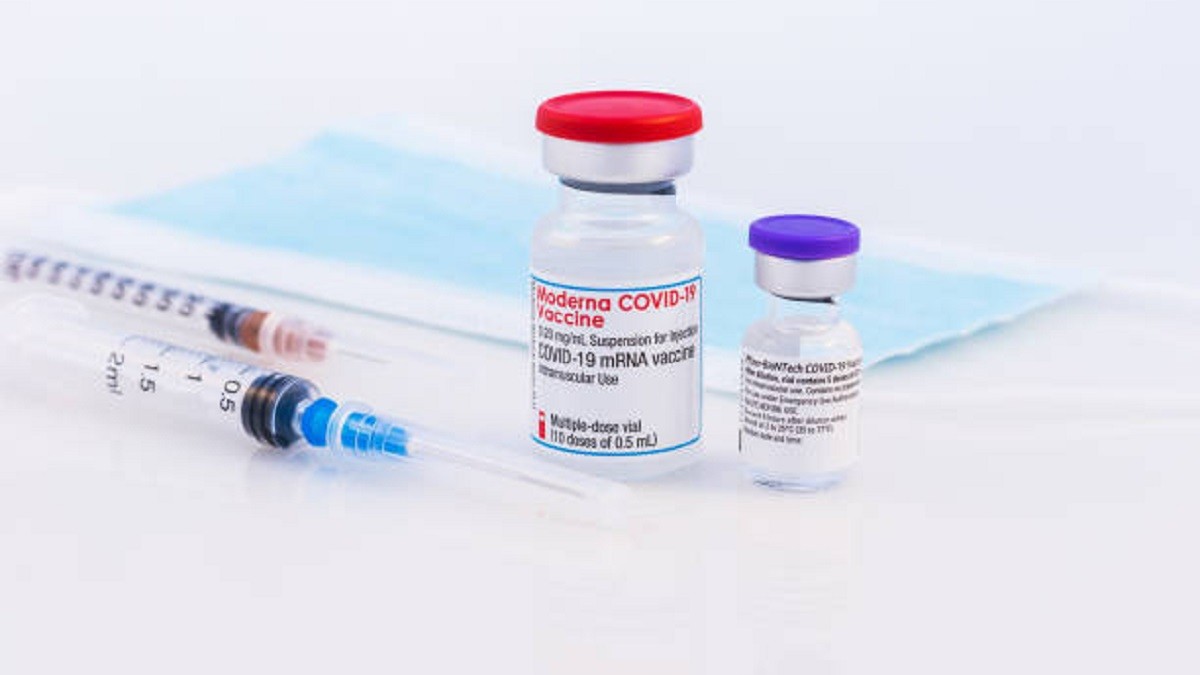Health
Canada allows vaccine switching despite CDC guidance

- Canada has allowed switching COVID-19 vaccine brands between doses.
- Other countries have allowed the same based on new evidence that using different vaccines for the first and second doses is effective and safe.
- The US CDC, however, has maintained that vaccine mixing should not be allowed except in “exceptional situations.”
New guidance from Canada’s Public Health Agency has allowed vaccine switching between the Pfizer and Moderna mRNA vaccines, as well as switching from AstraZeneca to any of the two mRNA vaccines.
Meanwhile, the US Centers for Disease Control and Prevention (CDC) still disallows vaccine mixing except in “exceptional situations.”
Canada’s new guidance allows the following vaccine combinations:
- Preferred: Pfizer for both first and second shots; or Moderna for both first and second shots.
- Acceptable: Pfizer (first shot) and Moderna (second shot); or Moderna and Pfizer.
- Equally acceptable: AstraZeneca and AstraZeneca; AstraZeneca and Moderna; or AstraZeneca and Pfizer.
While using the same brand of vaccine for both doses is still the most recommended, the new guidance allows for switching brands for the second dose, especially if one is more readily available. Still, mRNA vaccines (Pfizer and Moderna) are the most preferred brands.
This allows those who have received a first dose of AstraZeneca to switch to an mRNA vaccine for the second dose, since AstraZeneca does not use mRNA technology.
The guidance was also influenced by the risk of people developing rare blood clots from the AstraZeneca vaccine, prompting “ethically justifiable” alternative vaccines.
The current vaccines offered in Canada are Pfizer, Moderna, AstraZeneca, and the single-shot Johnson & Johnson.
New evidence proves safety of vaccine mixing
Several countries, including France and Germany, have already allowed switching to a different brand after the first dose of AstraZeneca. Their decisions were made even before evidence of its safety was presented and after rare cases of blood clots were observed.
But more and more evidence has shown that vaccine mixing is still safe and effective, according to a press release by Canada’s National Advisory Committee on Immunization (NACI). Similar results were found in Spain, the UK, and Germany.
According to NACI, mixing different brands of vaccines for the same illness has previously been done to complete the vaccination process for Hepatitis A, the flu, and other diseases.
Meanwhile, vaccine mixing is considered an “administrative error” by the US CDC, and requires a report to the national safety monitoring system.
Source: Yahoo! News
